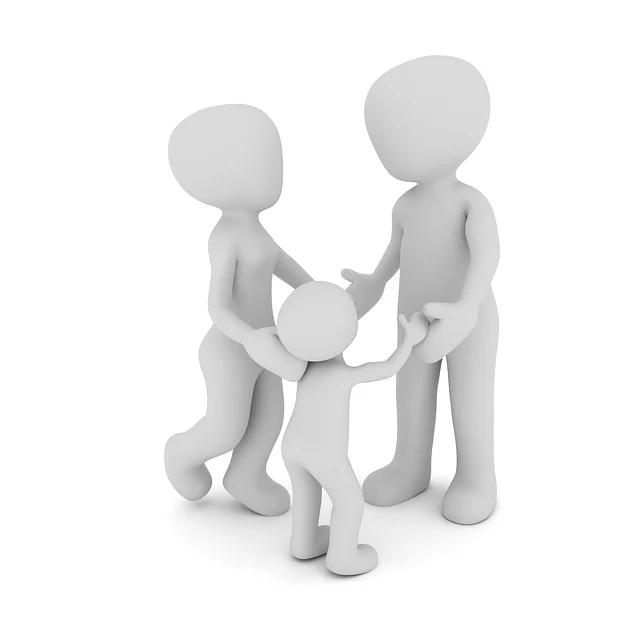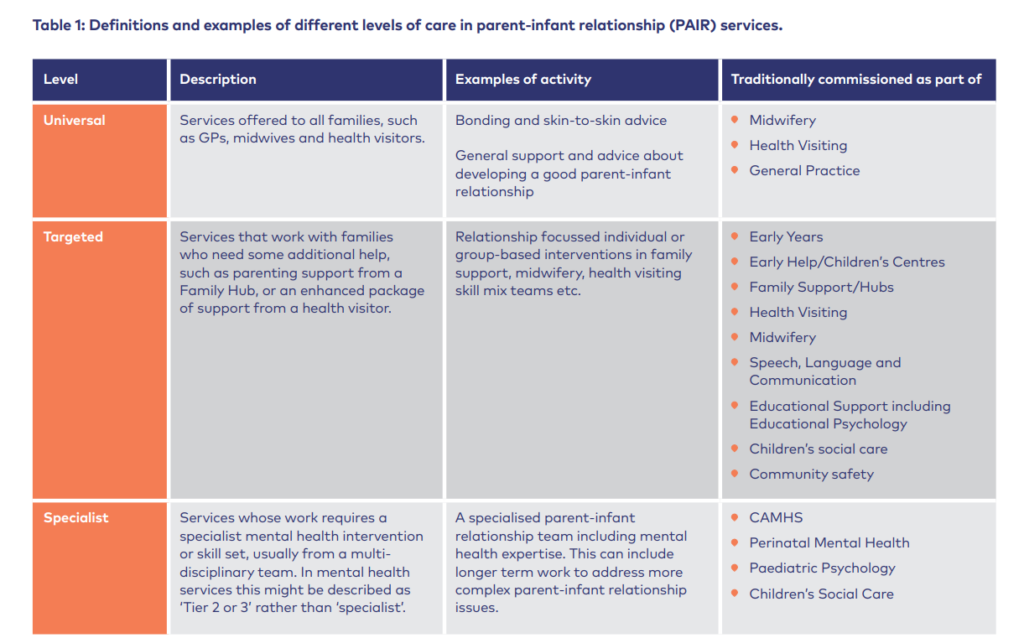Introduce
It is never too early to think about emotional wellbeing. A well supported childhood is likely to lead to many positive later outcomes for both children and their families. The first five years lay down the foundations of skills, knowledge and confidence that help children gain the necessary social skills and coping mechanisms to manage challenges that arise, build resilience and reach out for support when they need it.

Social and emotional development encompasses how children learn to express their feelings, develop relationships, and practise social skills. Essentially, social and emotional development allows a child to become mentally healthy. Different services and settings can use varying language to define and describe social and emotional development and wellbeing (SEDW) in babies and children.
Services and public policies, alongside families and communities, play an important role in supporting social and emotional development and promoting wellbeing in early childhood. You’ll find some examples in the table below, where different levels of support are identified which reflects the intensity of need:

Image source: Parent-Infant Relationships (PAIR) Services Commissioning Toolkit, 2023
The services all offer a range of prevention, promotion, early intervention and therapeutic mental health support and include:
- maternity services
- health visiting
- mental health
- family support
- early education
Develop
Children experience the wide range of emotions that adults do, but their brains are still in the process of development so they can’t always make sense of what they are feeling or know how to understand or manage how they feel in the moment. Helping children to express themselves and understand their feelings can develop emotional resilience which allows children to process their emotions in a healthy, positive way.
Emotional resilience is the ability to ‘bounce back’ after challenges (including emotional challenges) setbacks and adversity. Emotional resilience is not something we are born with and it doesn’t just happen over night. Children develop emotional resilience within supportive and nurturing relationships and environments.
Select each of the hotspots in the image below to see some ideas of how you might support children to build emotional resilience:
Reflect
Stop and Reflect: Babies and young children experience the world through the relationships they build. It is these relationships that have such an impact on social and emotional development and wellbeing.
– How might you prioritise building positive relationships and modelling healthy interactions in your role?
– What could you do differently to strengthen the relationships that influence a child’s development?
– What strategies have you learnt to build your own emotional resilience when things get hard? How might you support others to become more resilient?






